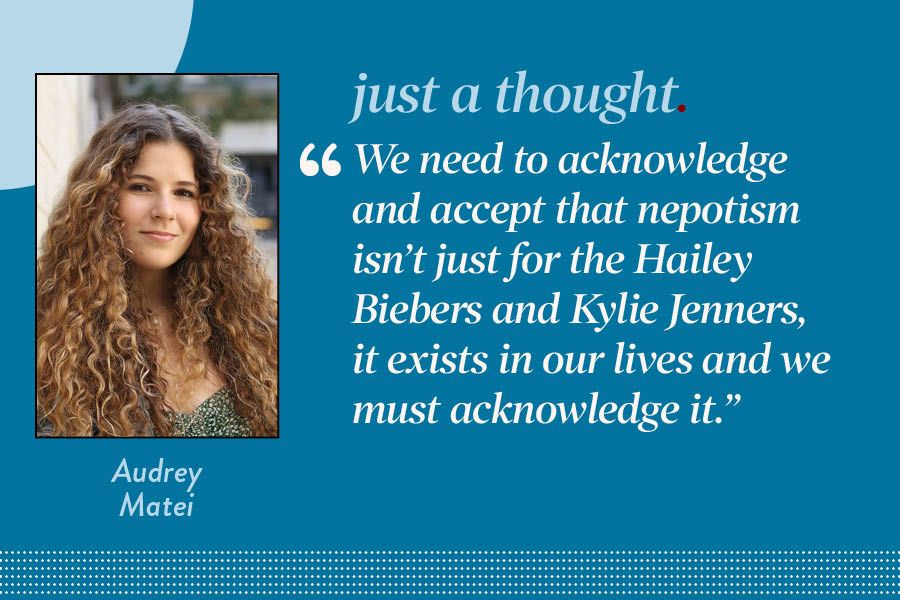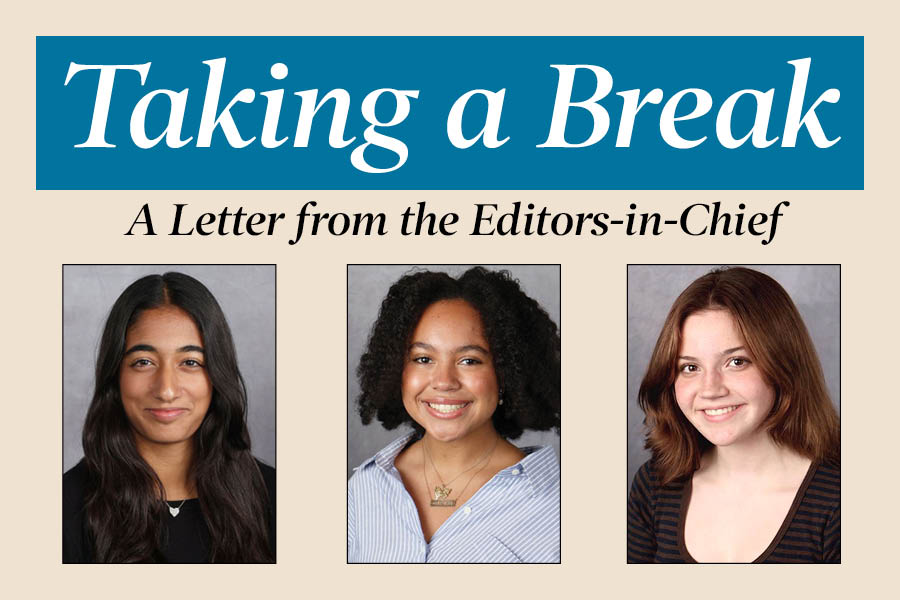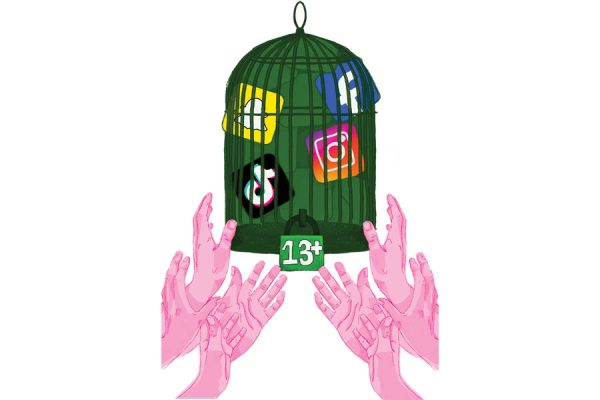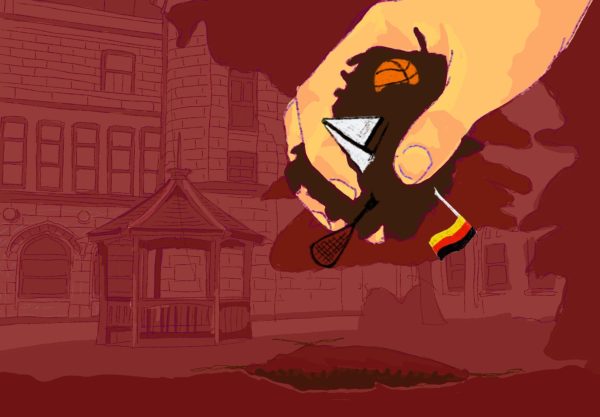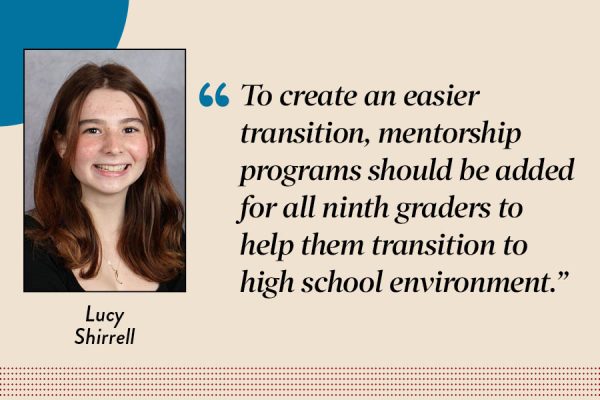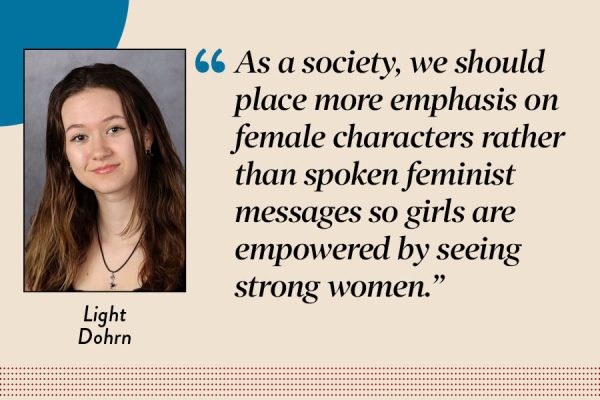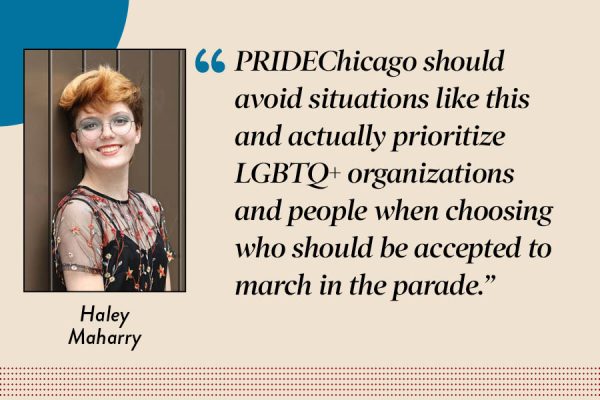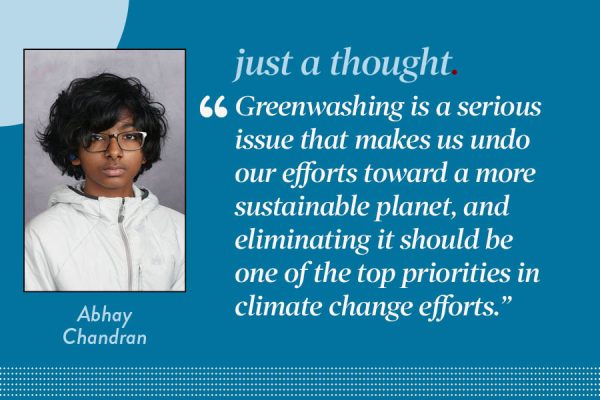‘Nepo babies’ are not limited to just the rich and famous
“Nepo baby” privilege does not only apply to wealthy and famous figures, but it also can be seen in our lives, and people should acknowledge it.
March 7, 2023
Recently, the term “nepo baby” has become popularized to discuss the role of nepotism in Hollywood and the entertainment industry. “Nepo babies,” or relatives of wealthy and famous figures, have come under fire for the advantages they have received in their careers.
Although it is important to hold “nepo babies” to transparency about their privilege, our conversation around nepotism and privilege needs to be altered to acknowledge that it is not reserved for the ultra-rich and famous and be mindful of how it manifests in our daily lives.
“Nepo baby” privilege isn’t limited to exclusive connections within an elusive industry. The expression can also be defined as a positive professional or academic influence based on background or relationships. This interpretation would include differences in socio-economic status and social dynamics like familial background. According to the American Psychological Association, people in the top family income quartile are eight times more likely to obtain a degree by age 24 than those in lowest quartile. Furthermore, children of doctors are reported to be 24 times more likely to become doctors. How is this all that different from other forms of privilege like nepotism?
The current conversation around nepotism and privilege doesn’t cover the entire scope of what it actually is. We need to acknowledge and accept that nepotism isn’t just for the Hailey Biebers and Kylie Jenners, it exists in our lives and we must acknowledge it.



